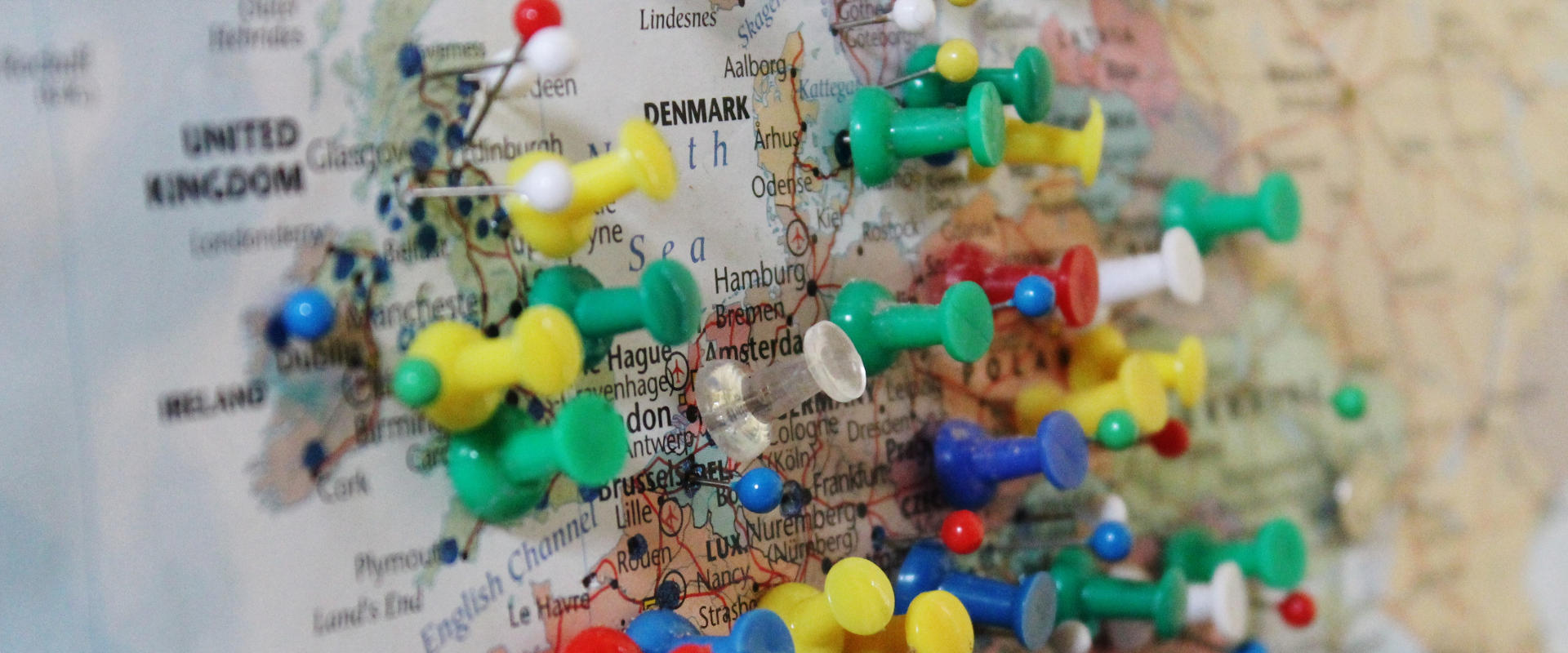Study at the Royal College of Art
London, United Kingdom

Europe by Charles Clegg, CC BY-SA 2.0, modified

| Programme details | |
|---|---|
| Degree: | Master of Arts (MA) |
| Discipline: |
Architecture
|
| Duration: | 12 months |
| ECTS points: | 180 |
| Study modes: | full-time, part-time |
| Delivery modes: | on-campus |
Request information about study programmes in the United Kingdom